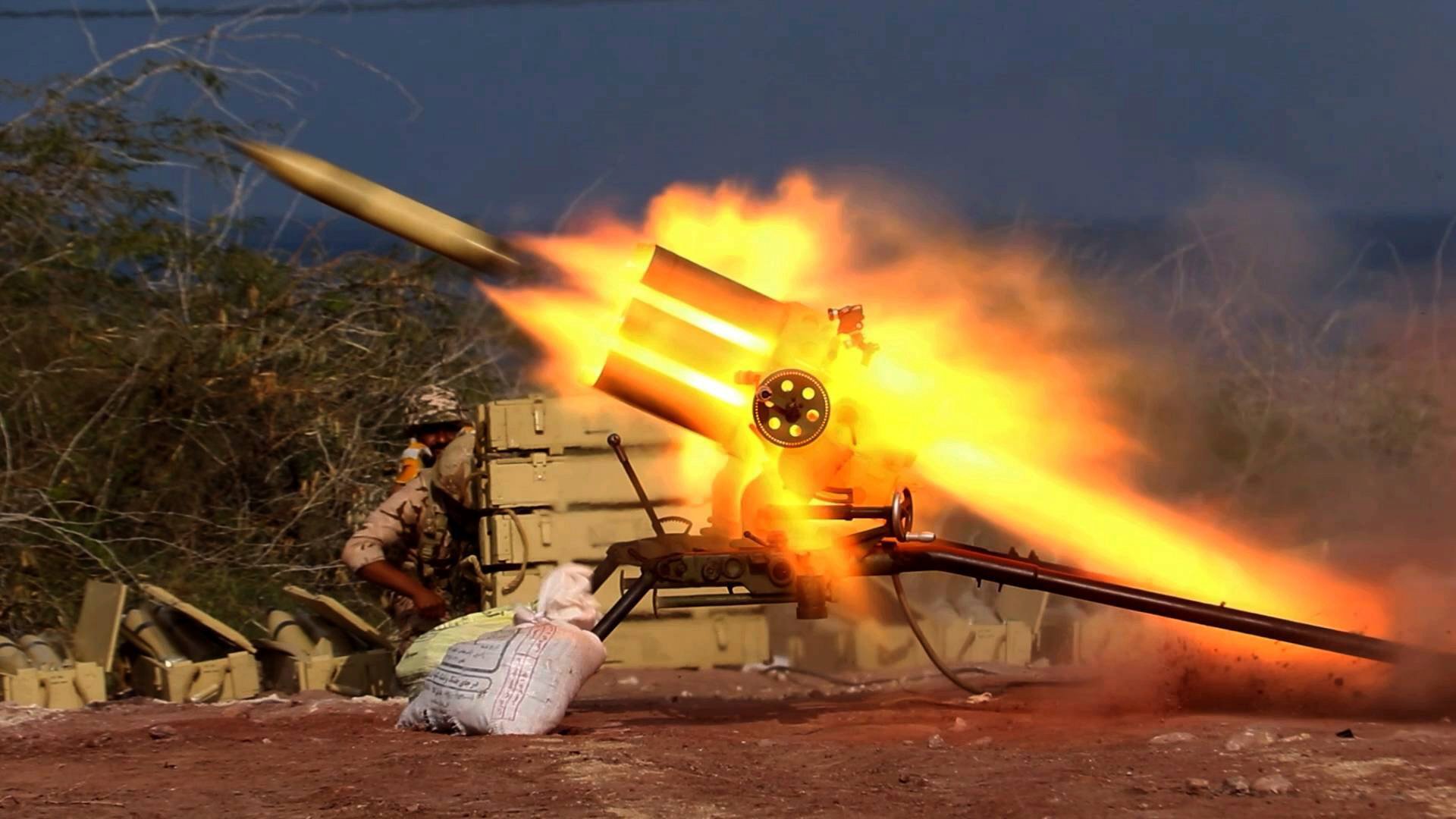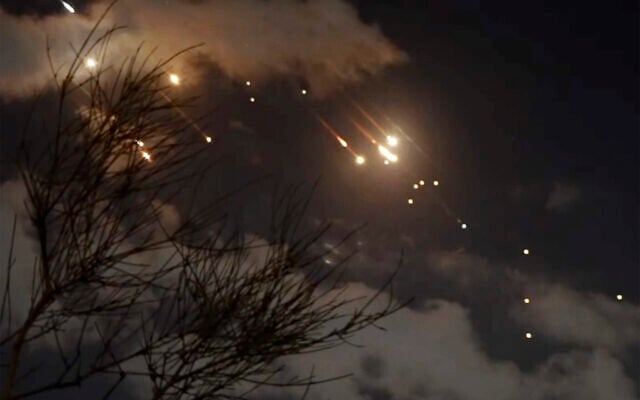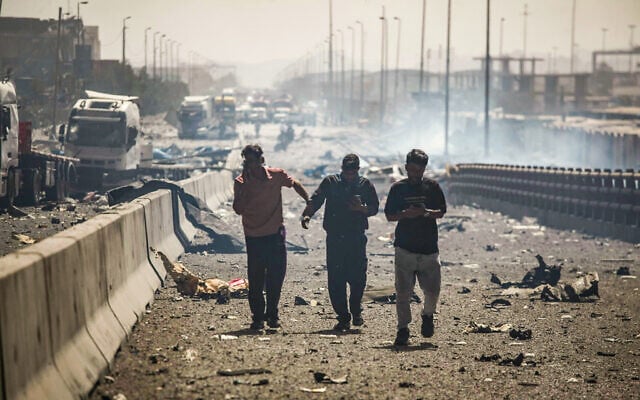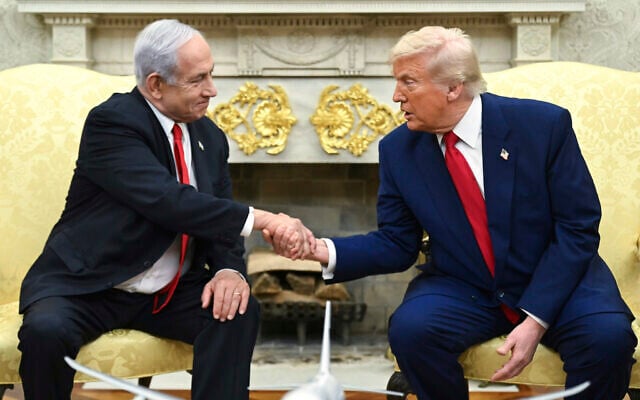



Iran has ordered from China large quantities of materials for producing ballistic missiles, according to a Thursday report in the Wall Street Journal that said the Islamic Republic is seeking to reestablish itself and its proxy network militarily.
The report came amid ongoing Iran-US nuclear talks, which began in April. Israel has informed the White House that it will not strike Iranian nuclear sites unless the talks fail, according to a separate report by Axios.
The Journal report, which cited people familiar with the transaction, said Tehran had ordered enough ammonium perchlorate to potentially manufacture up to 800 missiles. The material is used to produce solid-fuel missiles.
The material is reportedly expected to arrive in Iran in the coming months. The Journal said the shipment had been agreed upon “months ago, likely before” US President Donald Trump’s announcement in March that he had proposed nuclear talks to Iran’s Supreme Leader Ayatollah Ali Khamenei.
The ammonium perchlorate was ordered by an Iranian entity called Pishgaman Tejarat Rafi Novin Co. from the Hong Kong-based Lion Commodities Holdings Ltd., the Journal reported. The report said Pishgaman could not be reached for comment and Lion Commodities’ director did not respond to a request for comment.
An official cited in the report said some of the ammonium perchlorate is expected to be sent to pro-Iran proxy groups such as Yemen’s Houthi rebels, who have repeatedly launched ballistic missiles at Israel, most recently on Thursday.
Much of the material will reportedly remain in Iran as the country works to repair missile production plants that were damaged in October, when Israel responded to Iran’s second-ever direct attack some six months after an earlier missile-and-drone strike.
Israel’s October strike destroyed about a dozen so-called planetary mixers, which serve to blend ballistic missile ingredients, the Journal said.
A report earlier this week said Iran is also working to revive its air defense system after Israel’s successive attacks on it.
The Journal said Iran’s UN delegation did not respond to a request for comment on the reported shipment of ammonium perchlorate. China’s Foreign Ministry told the Journal that Beijing was unaware of a contract for such a shipment.
“The Chinese side has always exercised strict control over dual-use items in accordance with China’s export control laws and regulations and its international obligations,” said the spokesperson.
An earlier Chinese shipment of missile fuel material has been linked to a blast in a southern Iranian port that state media said killed at least 18 people and wounded hundreds.
That shipment, which Iran has not acknowledged, contained enough ammonium perchlorate precursor to produce 260 short-range missiles, the Journal said, attributing the blast to mishandling by a unit from the Quds Force of Iran’s Revolutionary Guard.
Iran, whose leaders are sworn to destroy Israel, has long funded and armed a network of regional proxies, the so-called Axis of Resistance, that includes Yemen’s Houthis, Lebanon’s Hezbollah and Gaza’s Hamas, as well as separatist militias in Iraq.
Iran reportedly sent ballistic missiles to its Iraqi proxies in early April, despite the start of the nuclear talks that month and earlier reports that those militias were disarming.
Following five rounds of negotiations, the US on Saturday presented Iran with a proposal for a deal that would reportedly restrict the Islamic Republic’s uranium enrichment without halting it entirely. Khamenei rejected the proposal on Wednesday.
Iran has publicly rejected nuclear weapons, but has amassed uranium enriched to 60% — much higher than needed for civilian use, and a short step away from weapons grade.
Prime Minister Benjamin Netanyahu has called for Iran’s enrichment capabilities and nuclear facilities to be fully dismantled. US intelligence has assessed that Israel will attack the nuclear facilities this year.
However, Israel has assured the White House that it won’t launch an attack on Iran’s nuclear facilities unless Trump signals that the ongoing negotiations with Tehran have failed, Axios reported Thursday, citing two Israeli officials familiar with the matter.
One official said it could take several months before that happened, and Iran would try to prevent the talks from collapsing.
During a visit last week by Strategic Affairs Minister Ron Dermer, Mossad Director David Barnea and National Security Adviser Tzachi Hanegbi, Israeli officials reassured the White House that Israel would not surprise the US by unilaterally striking Iran, the report said.
An Israeli official quoted by the news site said, “We calmed the Americans and told them there is no logic in launching an attack if a good diplomatic solution can be found. This is why we are going to give it a chance and wait with any military action until it is clear that negotiations have been exhausted and [White House envoy to the Middle East] Steve Witkoff has given up.”
Though the IDF is constantly training for a strike on Iran, separate preparations for strikes on the Houthis have been misread by the US and other countries as a sign of an imminent Israeli attack on Iran, according to a senior Israeli official cited by Axios.
The report added that Iranian and US negotiators are not expected to hold talks this weekend, despite reporting earlier this week that a sixth round could take place in the Middle East.



